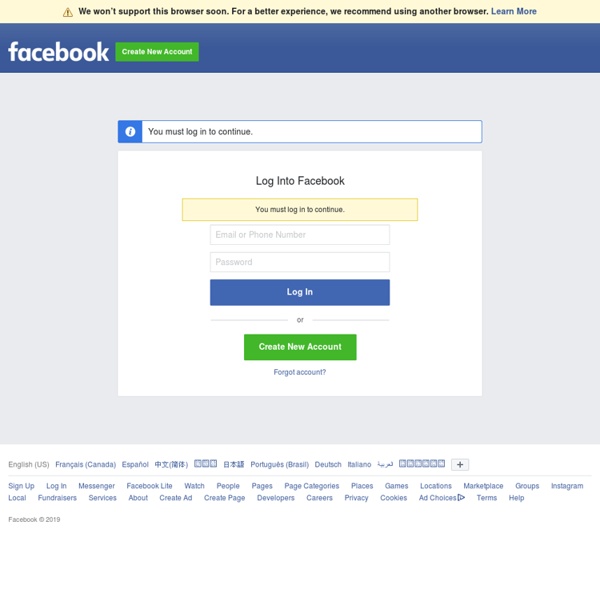



http://www.facebook.com/home.php?ref=hp
Eisenhower's Farewell Address to the Nation Good evening, my fellow Americans: First, I should like to express my gratitude to the radio and television networks for the opportunity they have given me over the years to bring reports and messages to our nation. My special thanks go to them for the opportunity of addressing you this evening. Three days from now, after a half century of service of our country, I shall lay down the responsibilities of office as, in traditional and solemn ceremony, the authority of the Presidency is vested in my successor. Comic Book Legends Revealed #317 by Brian Cronin| June 10, 2011 @ 9:14 AM |62 Comments| Welcome to the three hundredth and seventeenth in a series of examinations of comic book legends and whether they are true or false. This week, Comic Book Legends Revealed goes where no Comic Book Legends Revealed has gone before…an all Star Trek edition!!!
Dwight D. Eisenhower Speech, April 16, 1953 : Dwight D. Eisenhower <div style="padding:5px; font-size:80%; width:300px; background-color:white; margin-left:auto; margin-right:auto; border:1px dashed gray;"> Internet Archive's<!--'--> in-browser audio player requires JavaScript to be enabled. It appears your browser does not have it turned on. Please see your browser settings for this feature. </div> Dwight D.
Dwight D. Eisenhower (president of United States) : Supreme commander When the United States entered World War II in December 1941, Marshall appointed Eisenhower to the army’s war plans division in Washington, D.C., where he prepared strategy for an Allied invasion of Europe. Eisenhower had been made a brigadier general in September 1941 and was promoted to major general in March 1942; he was also named head of the operations division of the War Department. In June Marshall selected him over 366 senior officers to be commander of U.S. troops in Europe. Dwight D. Eisenhower: The Chance for Peace The Chance for Peace by Dwight D. Eisenhower April 16, 1953 Washington, D.C. President Bryan, distinguished guests of this Association, and ladies and gentlemen: I am happy to be here. I say this and I mean it very sincerely for a number of reasons. Not the least of these is the number of friends I am honored to count among you.
Dwight D. Eisenhower Bringing to the Presidency his prestige as commanding general of the victorious forces in Europe during World War II, Dwight D. Eisenhower obtained a truce in Korea and worked incessantly during his two terms to ease the tensions of the Cold War. He pursued the moderate policies of "Modern Republicanism," pointing out as he left office, "America is today the strongest, most influential, and most productive nation in the world." Presidency of Dwight D. Eisenhower The presidency of Dwight D. Eisenhower, from 1953 to 1961, followed double defeats of Democrat Adlai Stevenson in the 1952 and 1956 elections. Ike, as he was popularly known, ended the Korean War and presided over eight years of relative peace[1] and moderate economic growth, during which no inflation occurred and the debt kept to a minimum.[2] His main legacy is the Interstate Highway System.[3] Election 1952[edit]
Dwight D. Eisenhower There must be no second-class citizens in this country. - President Dwight D. Eisenhower. Dwight D. Eisenhower, General of the Army and the 34th President of the United States, was not only a remarkable soldier, but also a pivotal technician in the art of leadership. Bringing to the presidency his stature as commanding general of the successful forces in Europe during World War II, Eisenhower obtained a truce in Korea and worked endlessly during his two terms to ease the tensions of the Cold War.